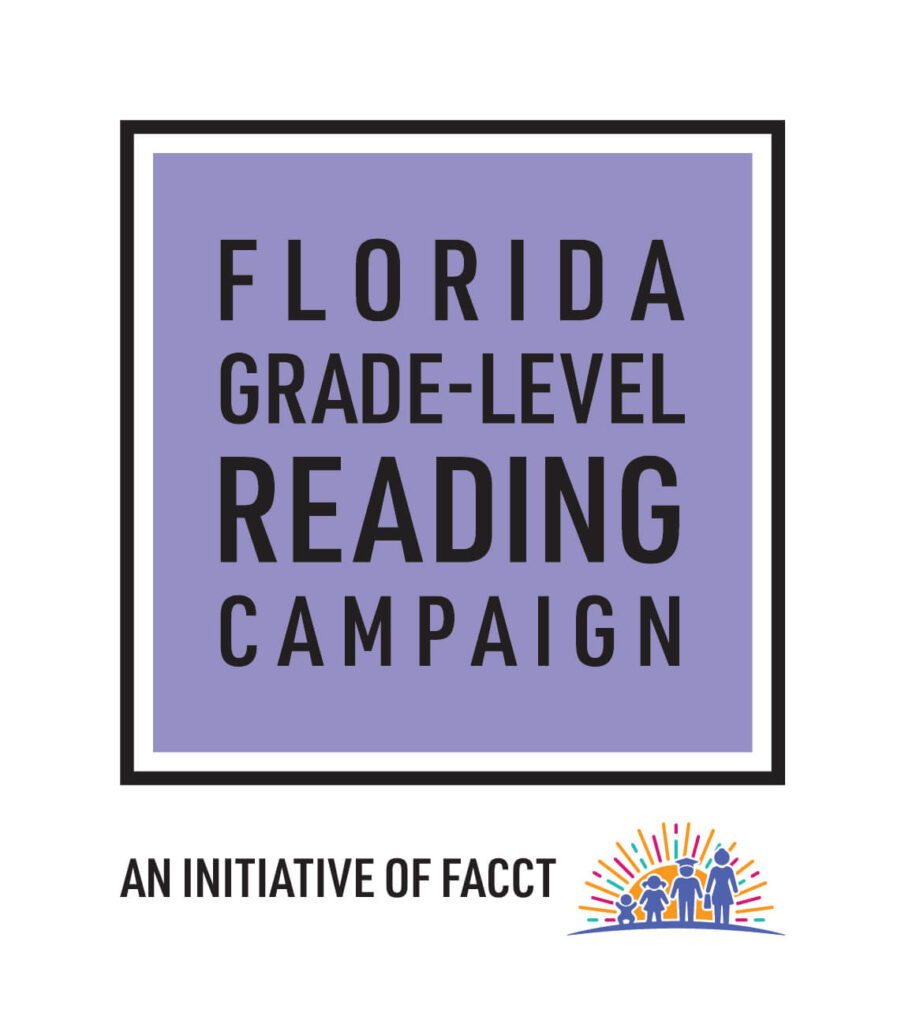
FGLRC’s Early Literacy & Related Resources Repository
The Florida Grade-Level Reading Campaign (FGLRC) has had the pleasure of working with a variety of state-level agencies and education partners serving on our State Leadership Network since the inception of our campaign. Many high-quality science-of-reading-based resources are developed and readily available through these partners. FGLRC’s Early Literacy Resource Repository serves as a hub for the best of these resources intended for parents, early learning professionals, teachers, and policymakers. Resources will be updated within this repository several times annually to ensure that newly developed partner resources are featured in a timely manner.
The following Florida partners, while not all exclusively literacy-focused, provide services and resources that help support the overarching work of our campaign which focuses on birth-five school readiness, student attendance, summer learning, healthy students, and family engagement. We encourage you to become familiar with these websites, in addition to accessing their key early literacy resources within our repository.

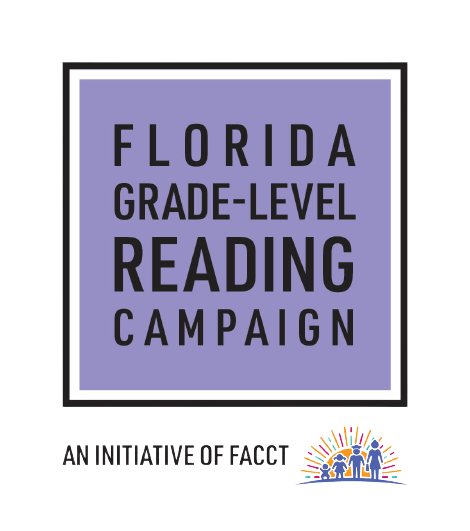
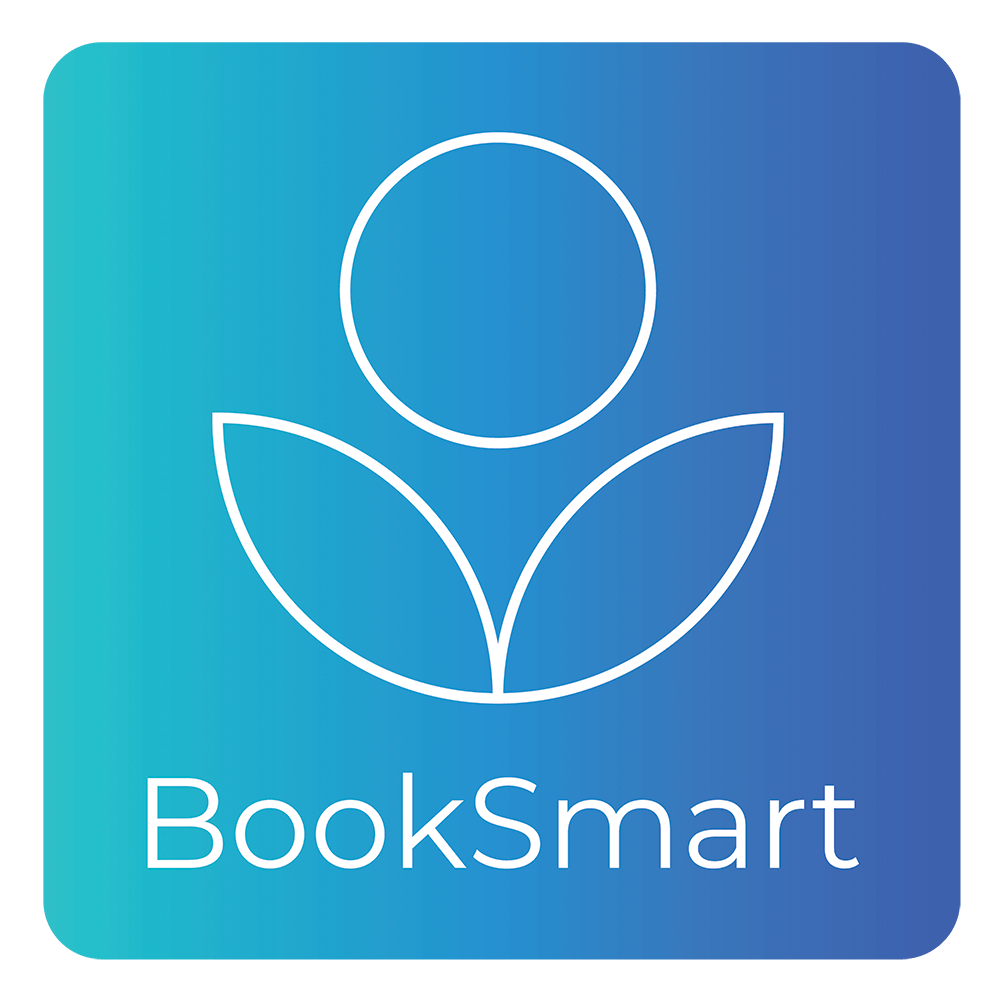

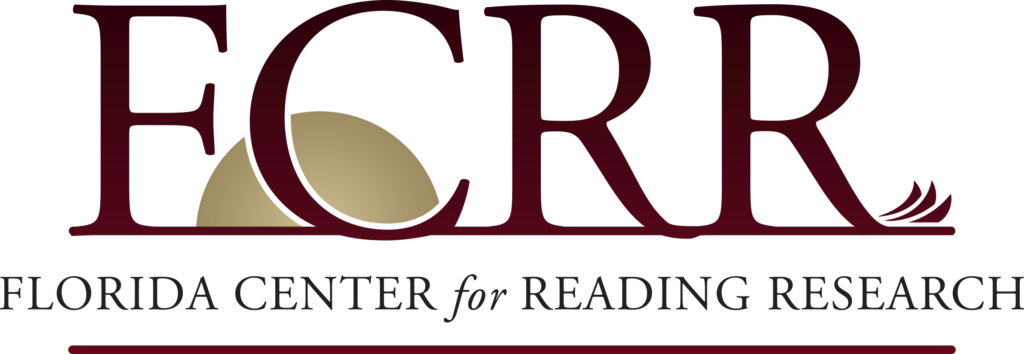

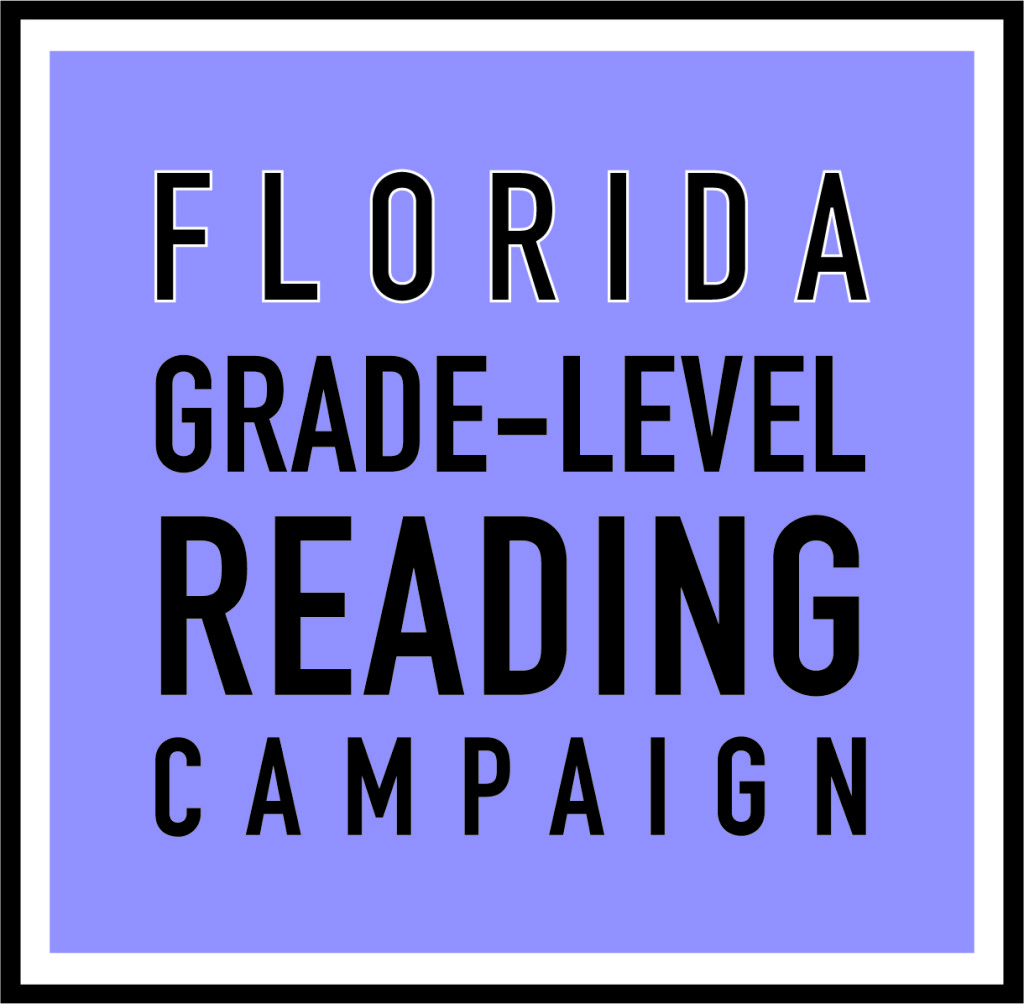
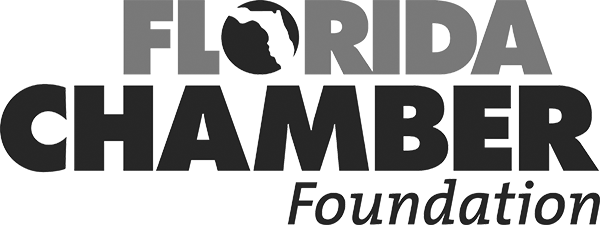




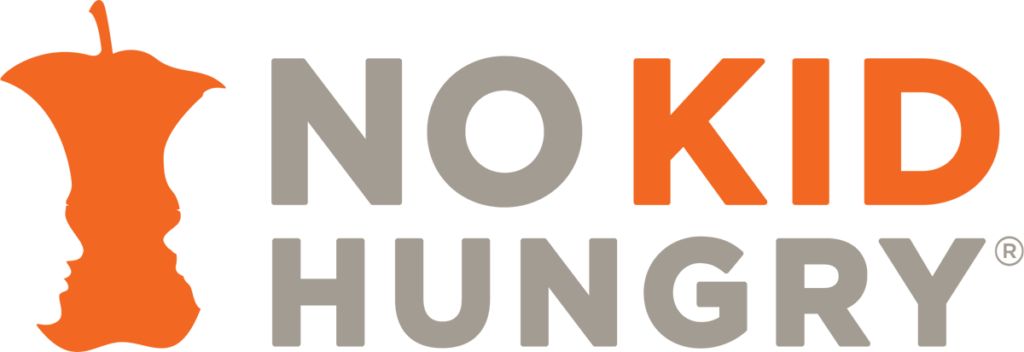
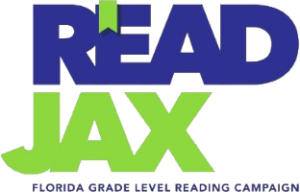
 Lead Agency: United Way of North Central Florida
Lead Agency: United Way of North Central Florida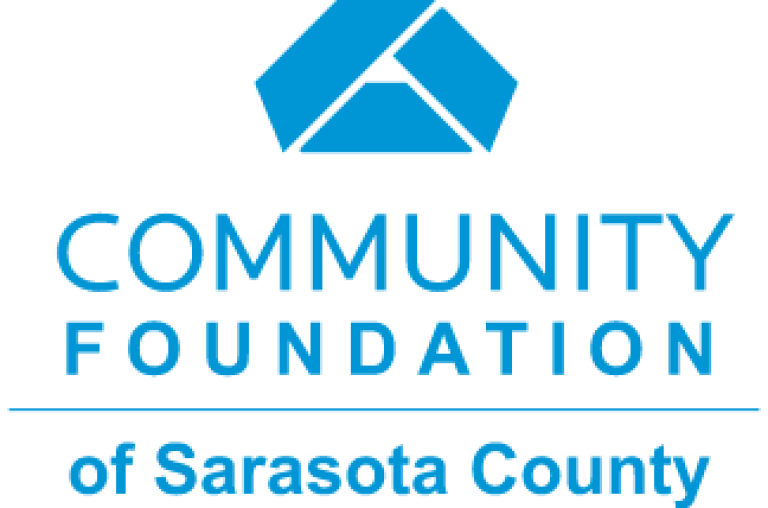 Sarasota County
Sarasota County Suncoast Region (Manatee, Sarasota, Charlotte & DeSoto)
Suncoast Region (Manatee, Sarasota, Charlotte & DeSoto) Lead Agency: Juvenile Welfare Board of Pinellas County
Lead Agency: Juvenile Welfare Board of Pinellas County Lead Agency: Achieve Escambia
Lead Agency: Achieve Escambia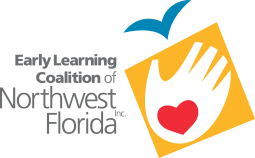 Northwest Florida (Bay, Calhoun, Franklin, Gulf, Holmes, Jackson, Washington, Escambia, Okaloosa, Walton)
Northwest Florida (Bay, Calhoun, Franklin, Gulf, Holmes, Jackson, Washington, Escambia, Okaloosa, Walton) Southwest Florida (Collier, Lee, Hendry, Glades, Charlotte)
Southwest Florida (Collier, Lee, Hendry, Glades, Charlotte) Charlotte County
Charlotte County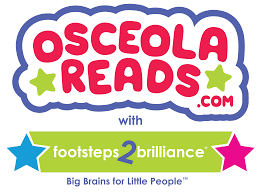 Lead Agency: ELC of Osceola
Lead Agency: ELC of Osceola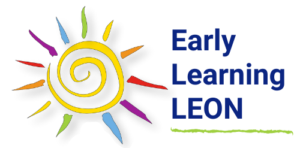
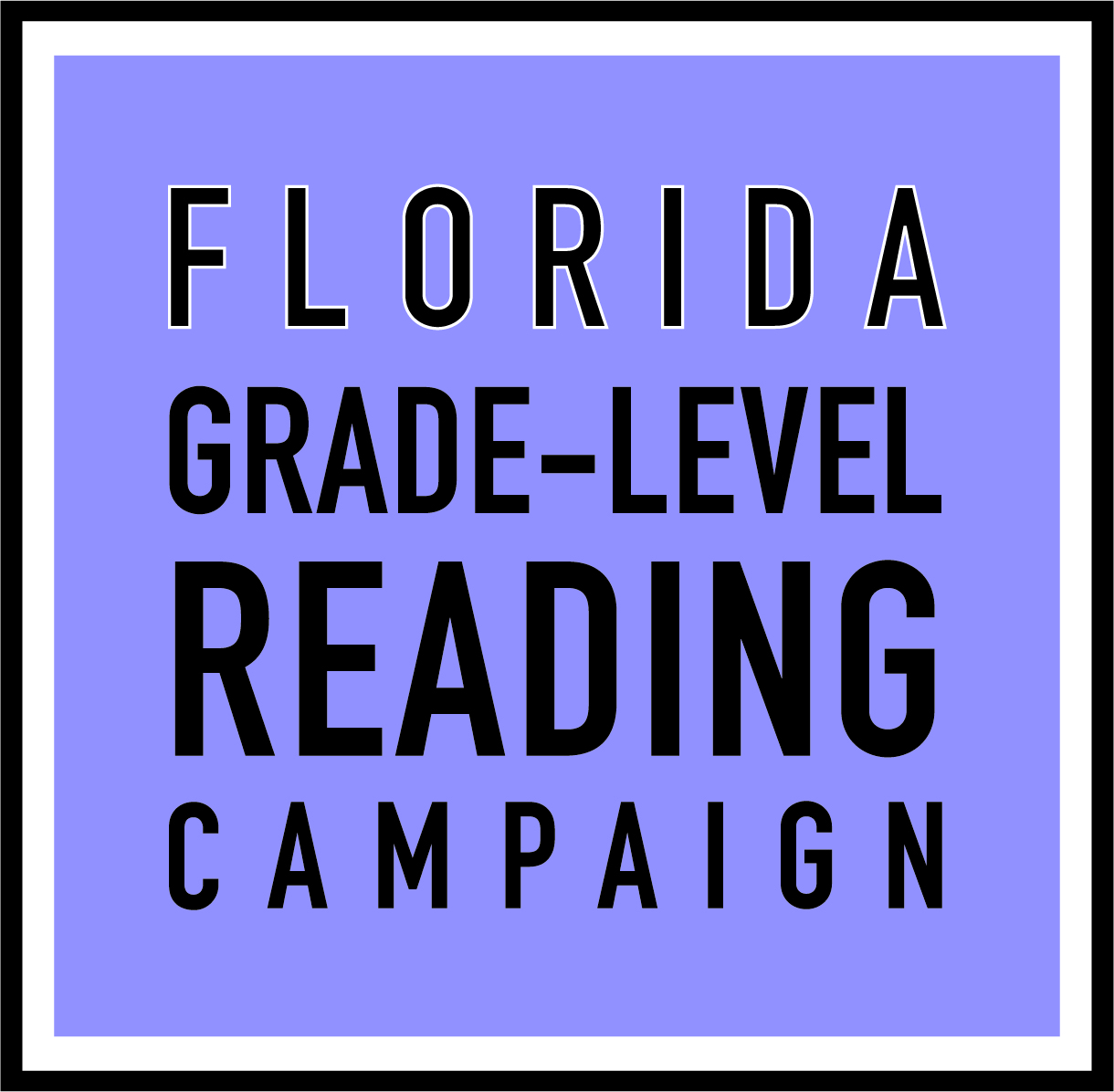 Lead Agency: Florida Children’s Council
Lead Agency: Florida Children’s Council DeSoto County
DeSoto County Lead Agency: The Learning Alliance (Vero Beach)
Lead Agency: The Learning Alliance (Vero Beach)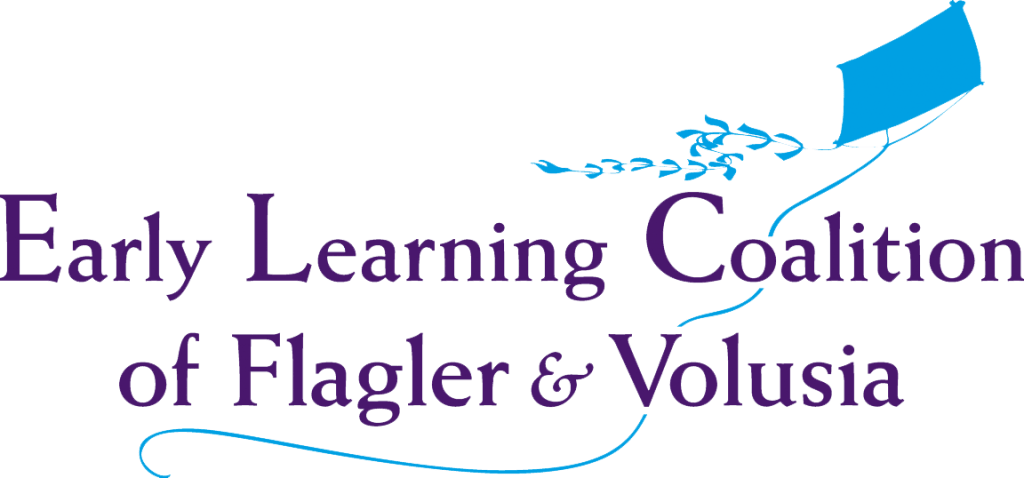 Lead Agency: ELC of Flagler & Volusia Counties
Lead Agency: ELC of Flagler & Volusia Counties Lead Agency: The Children’s Trust
Lead Agency: The Children’s Trust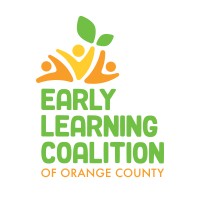
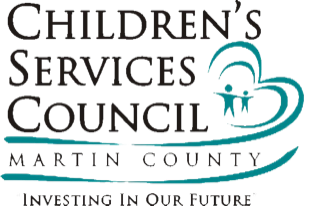 Lead Agency: Children’s Services Council of Martin County
Lead Agency: Children’s Services Council of Martin County
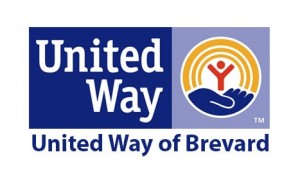 Lead Agency: United Way of Brevard
Lead Agency: United Way of Brevard